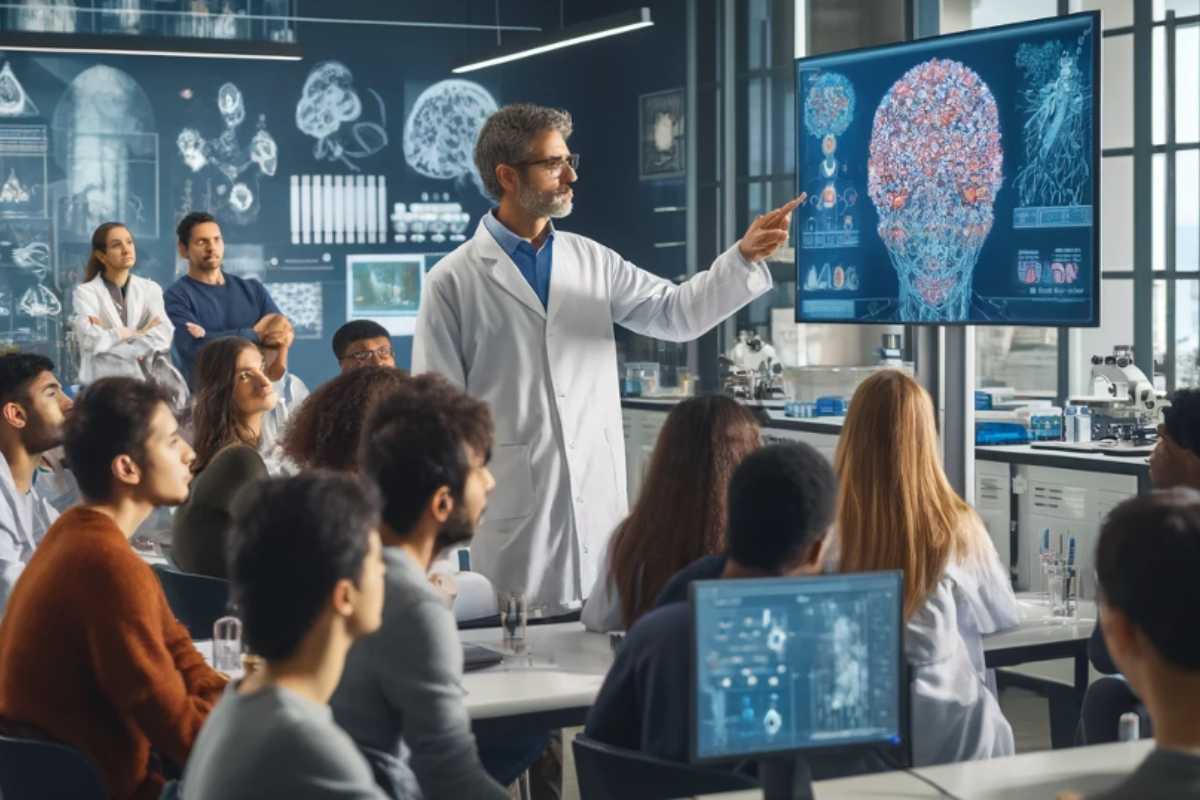BIP: Current trends in ageing research
Dive into ageing biology through seminars by top researchers from UniCA, UniGe and USE, and develop hands-on lab skills in ageing research with immersive sessions in specialised labs.
Please be aware that your home university may set a different application deadline depending on their internal selection process.
